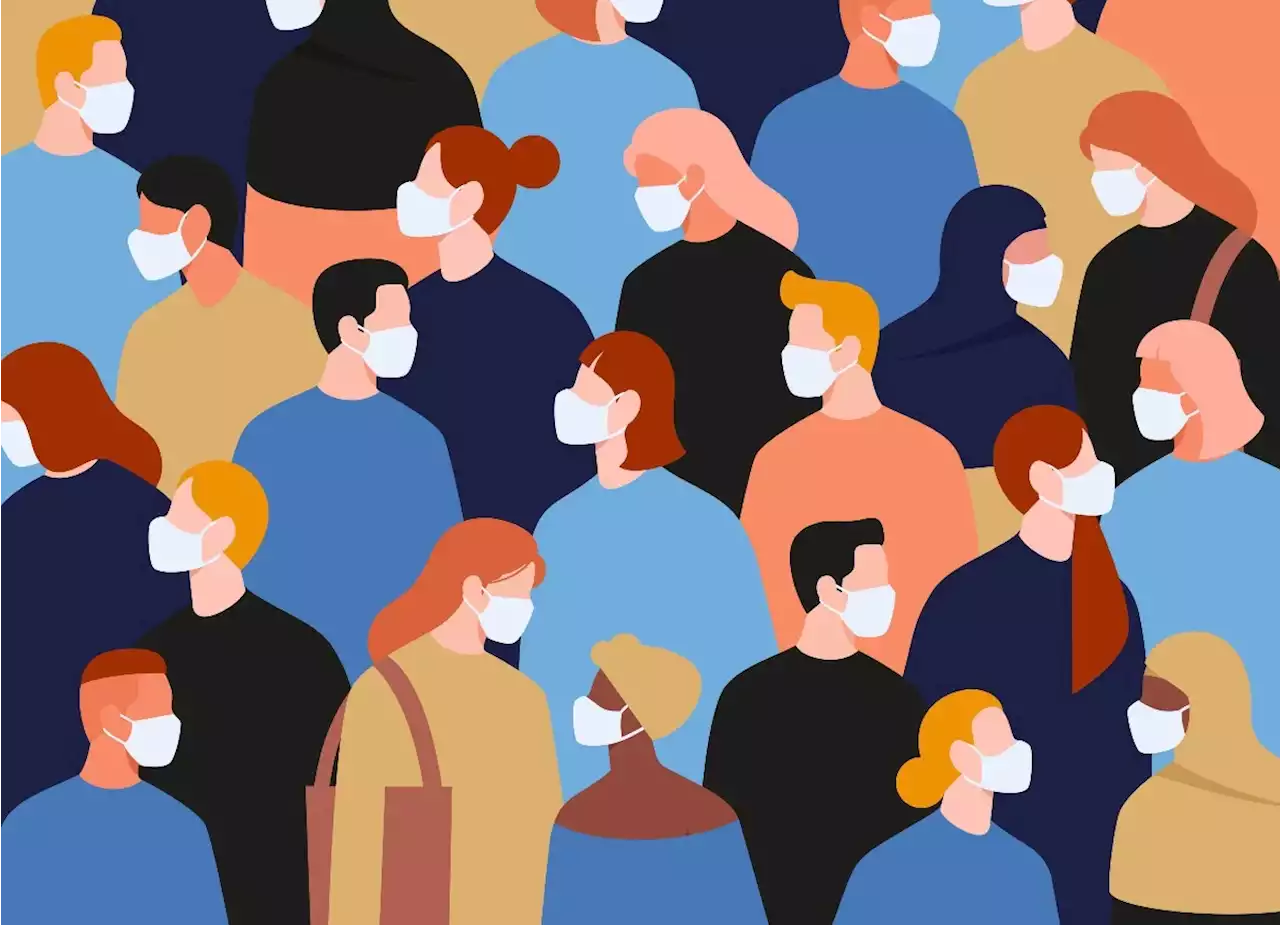Booster COVID-19 mRNA vaccinations marginally increase the durability of neutralizing antibody responses medrxivpreprint Stanford COVID19 SARSCoV2 Coronavirus Booster mRNA Vaccine Vaccination Antibody
By Dr. Chinta SidharthanDec 8 2022Reviewed by Aimee Molineux In a recent study posted to the medRxiv* preprint server, researchers investigated the immunological mechanisms behind the decreasing efficacy of coronavirus disease 2019 vaccines by evaluating the durability and magnitude of neutralizing antibodies and memory B and T cell responses to booster doses of the messenger ribonucleic acid COVID-19 vaccine.
Therefore, understanding the immunological mechanisms behind changing immune responses to booster vaccines is important in developing effective vaccination strategies. The anti-spike IgG titers were measured, and geometric mean titers were calculated at baseline and different time points after the booster dose to determine the durability of the vaccine-induced antibody responses. VeroE6 cells expressing transmembrane serine protease 2 and live virus isolates of the ancestral strain and Omicron subvariants BA.1, BA.5, BQ1.1, and BA.2.
The neutralization activity of the antibodies against the Omicron sub-variants was lower than that against the ancestral WA.1 strain, with a 35- and 50-fold reduction in neutralization capacity against the recently emerged BA.2.75 and BQ.1.1 subvariants, respectively. The first booster dose elicited detectable neutralizing antibody titers against the newer Omicron variants in 55–65% of the participants.
Belgique Dernières Nouvelles, Belgique Actualités
Similar News:Vous pouvez également lire des articles d'actualité similaires à celui-ci que nous avons collectés auprès d'autres sources d'information.
 Conservative peer Michelle Mone to take leave of absence from LordsBaroness Mone is accused of benefitting from a company she recommended for a Covid contract.
Conservative peer Michelle Mone to take leave of absence from LordsBaroness Mone is accused of benefitting from a company she recommended for a Covid contract.
Lire la suite »
 Machine learning analysis suggests that there are four sub-phenotypes of long COVIDMachine learning analysis suggests that there are four sub-phenotypes of long COVID NatureMedicine WeillCornell longCOVID coronavirus covid machinelearning data healthcaredata phenotype
Machine learning analysis suggests that there are four sub-phenotypes of long COVIDMachine learning analysis suggests that there are four sub-phenotypes of long COVID NatureMedicine WeillCornell longCOVID coronavirus covid machinelearning data healthcaredata phenotype
Lire la suite »
